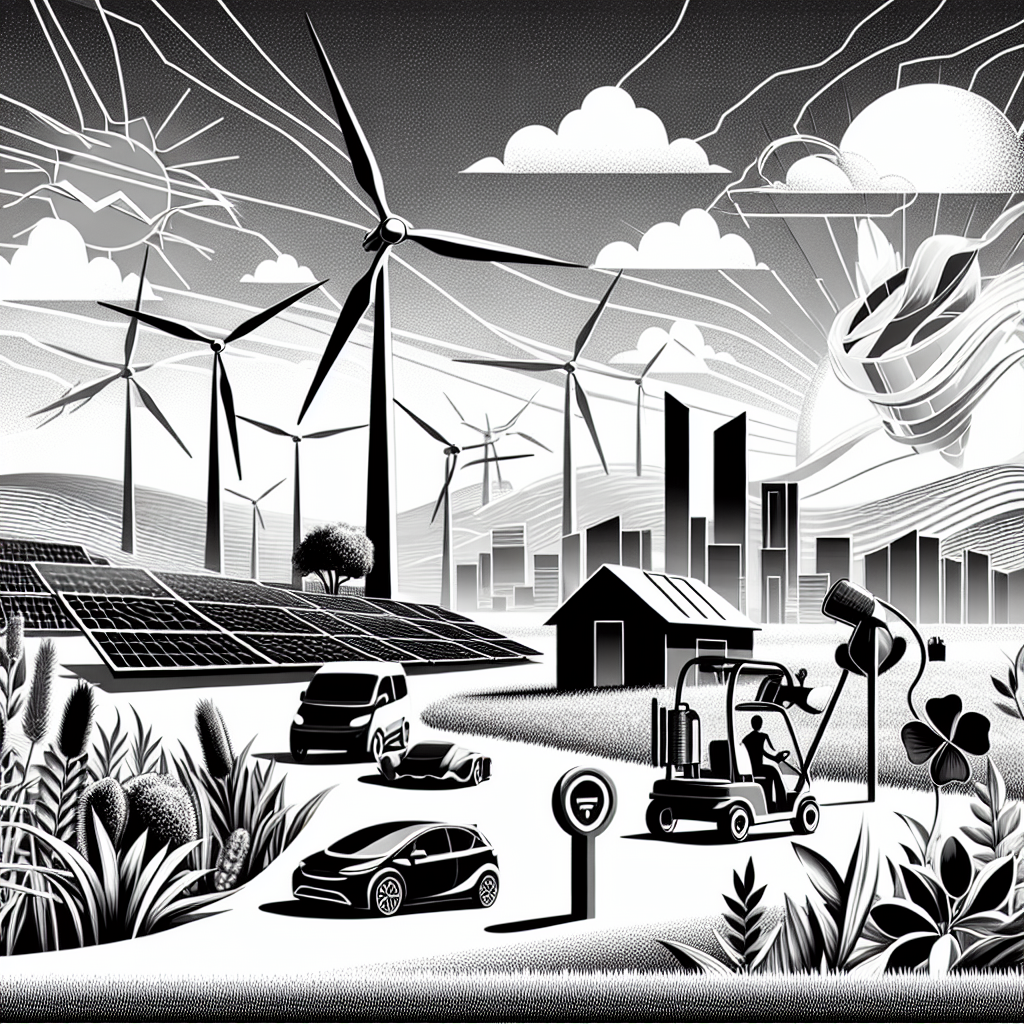Sustainable technology essentially refers to systems and products that harness renewable resources and exert minimal impact on the environment.
Ranging from energy-efficient appliances and solar-powered devices to smart homes and electric vehicles, these technologies are fundamentally transforming how we live, work, and play.
Energy-efficient appliances are currently among the most embraced forms of sustainable technology. These state-of-the-art devices, designed to do more with less energy, are becoming the norm in households worldwide. They not only save on energy consumption but also significantly reduce utility bills, offering a win-win for consumers and the environment alike.
Solar energy technologies, another key segment of sustainable technology, are making leaps and strides. Harnessing the power of the sun to generate clean, renewable energy, these technologies are increasingly integrated into homes, businesses, and public spaces. Solar panels, for example, are now a common sight on rooftops, parking lots, and farm fields, capturing sunlight and converting it into electricity.
Smart homes are also at the forefront of sustainable technology. By integrating internet-connected devices that monitor and control building systems, smart homes enhance efficiency, comfort, and safety. From smart thermostats that optimize heating and cooling to intelligent lighting systems that adapt to occupancy and daylight levels, smart home technologies are paving the way for a sustainable future.
Electric vehicles (EVs) represent another critical area of sustainable technology. As the transportation sector is a significant contributor to greenhouse gas emissions, transitioning to EVs can have a profound impact. EVs not only run on clean, renewable energy but also produce zero tailpipe emissions, making them an excellent solution to reduce air pollution and combat climate change.

In addition to these mainstream technologies, innovative solutions like vertical farming, biodegradable materials, and water purification systems are also gaining traction. Vertical farming, for instance, uses controlled environments and hydroponic systems to grow crops with less water and no pesticides. Biodegradable materials offer an alternative to traditional plastics, reducing waste and pollution. Water purification systems, on the other hand, ensure clean and safe water supply, protecting public health and preserving natural water resources.
The rise of sustainable technology is not just about creating eco-friendly solutions. It is about ushering in a new era of innovation and growth, fostering economic development while also safeguarding our planet. As we continue to realize the potential of these technologies, we are not only shaping a sustainable future but also enhancing our quality of life.
Ultimately, sustainable technology represents a promising avenue to a greener, cleaner, and more prosperous world. As innovators continue to push the boundaries and consumers increasingly embrace these solutions, we can look forward to a world where technology and sustainability go hand in hand, fostering a harmonious coexistence between humanity and nature.